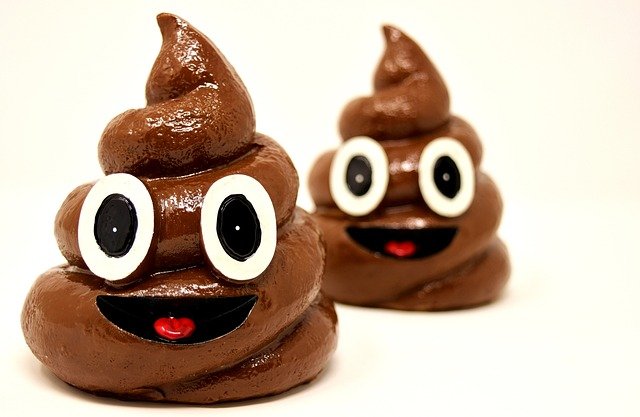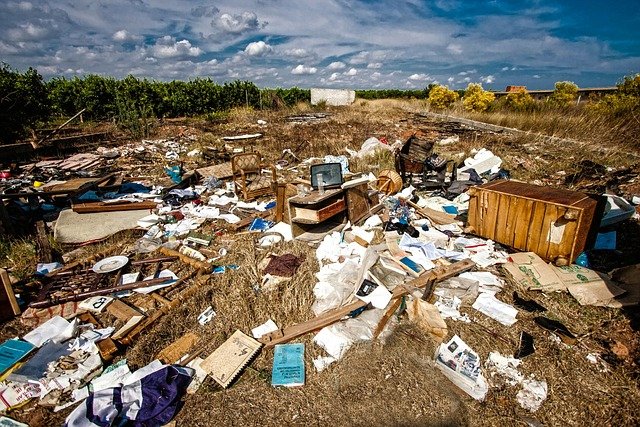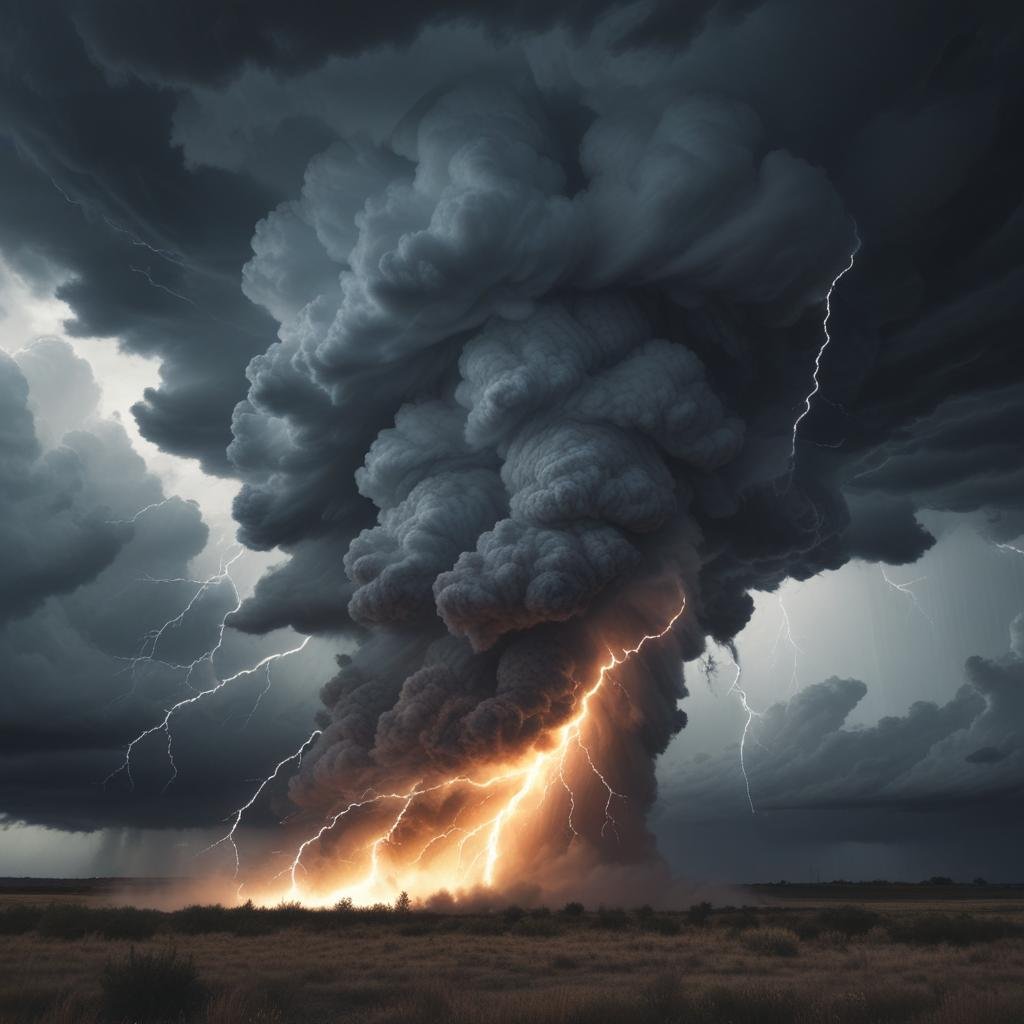The Splendid Saga of “Shit”
Ah, “shit.” A word that packs a punch, raises eyebrows, and might even make your grandma faint. But where did this little linguistic dynamo come from? Let’s take a cheeky stroll through the annals of its history.
The Humble Beginnings: A Journey Through Time
Old English Origins
Picture it: medieval England, where knights roamed, castles stood tall, and people, well, still had to poop. Enter scitan, the Old English verb meaning “to defecate.” You can almost hear a peasant saying, “Excuse me, milord, but I must scitan behind yonder bush.”
But wait! Our story doesn’t start there. Let’s rewind to the days of Proto-Germanic, where skit- was the talk of the town. This root word was used by our ancestors who, presumably, were also busy fertilizing their fields.
The Far-Flung Family
Shit is far from an only child. It’s got a whole crew of potty-mouthed siblings across Europe. In German, it’s scheissen. Imagine a stern German professor exclaiming, “Ach, du scheisse!” after dropping his wurst.
Dutch folks call it schijten, making their otherwise melodic language sound a bit more… grounded.
And the Swedes, always practical, say skita. Probably while assembling IKEA furniture: “Where’s the allen key? Oh, skita!”
The Deep Cuts
The word traces its roots even further back to the Proto-Indo-European skei-, meaning “to cut” or “split.” These ancient folks were likely thinking of splitting logs, but little did they know they were also giving us a handy term for, well, splitting logs of a different kind.
Medieval Merriment
Ye Olde Shiten
In the good old days of medieval England, castles weren’t the only things full of crap. Literature from the period is peppered with references to shiten or schiten. Imagine a scribe, hunched over parchment, carefully penning the exploits of noble knights and suddenly jotting down a note about someone needing to shiten in the woods. Talk about a plot twist!
It wasn’t just the common folk either; even the monks, with their vows of silence and strict lifestyles, had to let it out occasionally. You can picture Brother Geoffrey, mid-illuminated manuscript, muttering, “Excuse me, Brother Thomas, but I must attend to a matter of great urgency. It appears I need to shiten.”
From Mundane to Maligned
Back then, “shit” was just another word, like “bread” or “ale.” But as centuries rolled by, society decided that talking about bodily functions in public was a no-go. Enter the era of euphemisms and flowery language, where people would rather say they were “indisposed” or “answering nature’s call” than admit they needed to take a dump.
Despite this, “shit” stubbornly hung on, whispered behind cupped hands and used liberally by those who didn’t give a hoot about decorum. Farmers, sailors, and soldiers—folks who dealt with real life’s messy bits—kept the word alive and kicking.
The Rise of the Euphemism
As “shit” became more taboo, a whole host of euphemisms sprang up. People suddenly had “bowel movements” or “calls of nature.” But no matter how fancy the language, everyone knew what was really going on.
The Victorians, masters of repression and decorum, probably took the cake. They’d have you believe that bodily functions were a myth, something that only happened to the lower classes. Of course, behind closed doors, even Queen Victoria herself had to confront the reality of a good old-fashioned “shiten.”
The Persistent Peasantry
Meanwhile, the peasants and working class kept using “shit” because, well, when you’re mucking out stables or tilling the fields, you don’t have time for niceties. The word stayed robust in their vocabulary, proving that no amount of highfalutin language could completely sanitize everyday life.
In fact, some medieval humorists and poets even found clever ways to sneak the word into their works, poking fun at the prudish elite. It was a form of linguistic rebellion, ensuring that “shit” would never truly be flushed from history.
Modern Day Shenanigans
Swearing Symphony
Ah, the modern era, where “shit” has truly come into its own as the Swiss Army knife of expletives. Whether you’re stubbing your toe or dealing with your boss’s latest ridiculous demand, “shit” is there for you.
- Surprise and Alarm: “Oh shit!” is the universal cry when you realize you’ve forgotten your anniversary or when your cat decides to knock over your favorite vase. It’s like a verbal reflex, popping out before you can even think.
- Nonsense Detector: When someone is spouting pure nonsense, just call it “bullshit.” It’s the perfect way to cut through the crap and call it as you see it. Whether it’s a politician’s speech or a dubious infomercial, “bullshit” has you covered.
- Measurement Marvel: Need to describe a large amount? Just say a “shitload.” It’s vague, yet everyone knows it means a lot. “I’ve got a shitload of work to do” or “There was a shitload of people at the concert” – it’s precise in its imprecision.
- Chaos Coordinator: When life gets really out of hand, it’s a “shitstorm.” It is a perfect descriptor for those days when everything that can go wrong does. Your car breaks down, your computer crashes, and you spill coffee on yourself – welcome to the shitstorm.
Literary Littering
From Shakespeare to Stephen King, “shit” has made its mark in literature. Sure, the Bard might have preferred “merde,” but even he couldn’t resist the allure of a good poop joke now and then.
- Classic Literature: While you won’t find “shit” in Jane Austen’s delicate prose, modern authors love sprinkling it in for a touch of realism. It’s the spice that adds flavor to gritty crime novels, realistic dramas, and even some highbrow literature.
- Modern Media: Today, “shit” is everywhere – movies, TV shows, music. From the comedic rants of George Carlin to the casual swearing of characters in “The Sopranos,” it’s a staple of modern dialogue. It’s almost as if today’s writers are saying, “If you’re not using ‘shit,’ are you even writing?”
Colloquial Charisma
Expressions like “get your shit together,” “don’t give a shit,” and “scared shitless” are a testament to the word’s versatility. It’s the Swiss Army knife of swears, fitting into so many situations.
- “Get your shit together”: The perfect phrase for when someone’s life is a mess. It’s a motivational speech in four words, urging organization and composure.
- “Don’t give a shit”: Ultimate indifference captured succinctly. Whether it’s about what people think of your new haircut or the latest celebrity gossip, this phrase is your go-to.
- “Scared shitless”: Because sometimes, “very scared” just doesn’t cut it. Whether it’s a horror movie or an unexpected encounter with your ex, this phrase nails the emotion perfectly.
Cultural Shifts
Once the black sheep of words, “shit” has found a bit more acceptance these days. It’s still not something you’d say at a job interview, but it won’t get you washed out with soap as often anymore.
- Television and Films: Where once TV networks would bleep it out, now you can hear “shit” on cable channels and streaming services without a second thought. It’s like the word has graduated from taboo to just another part of everyday language.
- Casual Conversations: While you might not say it in a board meeting, among friends and family, “shit” flies around like nobody’s business. It’s a sign of our times, where a little profanity is just part of being human.
- Comedy Gold: Comedians have always known the power of a well-timed “shit.” From stand-up routines to sitcoms, it’s a reliable laugh generator, because no matter how sophisticated we get, poop jokes are forever funny.
The Shit of the Matter
So there you have it: the rich, aromatic history of “shit.” From the fields of Old English to the streets of modern slang, this word has truly been on a journey. Whether it makes you laugh, cringe, or just shake your head, you’ve got to respect its staying power. Because let’s face it: when it comes to language, “shit” happens.




